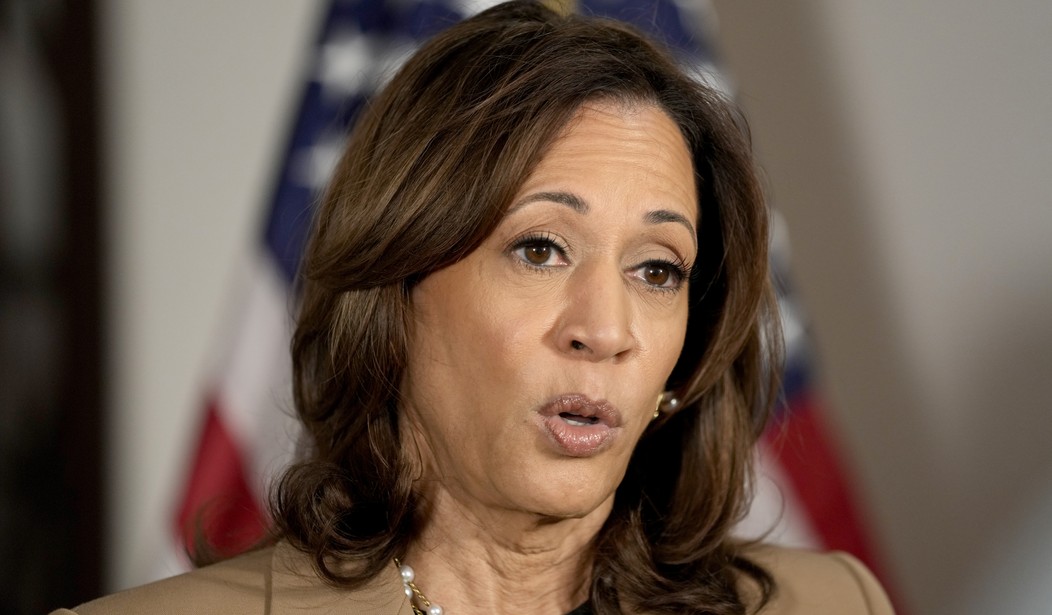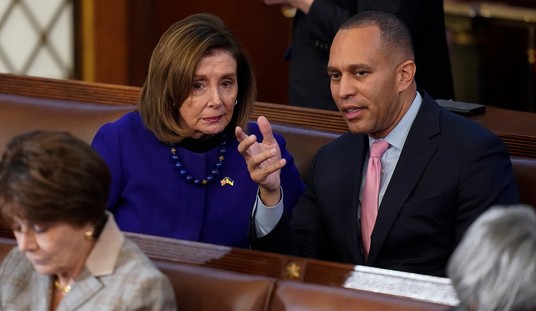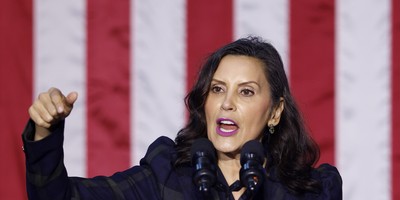Vice President Kamala Harris and the 16th-century British monarch Henry VIII share at least one trait in common: The belief that the government can force an individual to act against his conscience and in violation of his faith.
Henry VIII demonstrated this in his treatment of St. Thomas More.
More, a brilliant lawyer, experienced a meteoric rise in Henry VIII's England.
"More formally entered royal service in 1518 when he was sworn as a royal councillor and thereafter he rapidly rose in Henry VIII's esteem and was the king's principal secretary from 1519," says an essay by Neil Johnston posted on the website of the British National Archives.
"Mixing legal, diplomatic and secretarial work, More's career continued to blossom and he was promoted to the highest legal position in England when appointed to the lord chancellorship in October 1529, becoming one of the few laymen to hold this office," says this essay.
More resigned his office, however, after the pope declined to annul Henry VIII's marriage to Queen Katherine and the king nullified the marriage anyway. Then, Henry VIII made himself head of the church.
"In November 1534, Parliament reconvened and passed the Act of Supremacy that declared Henry and his lawful heirs as the head of the Church in England," says the essay on the British National Archives website.
Thomas More stood silent on this act.
"Silence, in this instance, was seen as overtly denying the king his title of supreme head of the Church of England. And that was treasonous," says the essay on the British National Archives website. "More was brought to trial on 1 July 1535 and the outcome was never seriously in doubt."
Recommended
Five days later, he was beheaded at the Tower of London.
A statement published by the U.S. Conference of Catholic Bishops notes: "In the moments just before his execution, More is said to have stated, 'I die the King's good servant, but God's first.'"
Now, move forward five centuries.
On Oct. 22, 2024, Harris did an interview with Hallie Jackson of NBC News. Jackson asked Harris: "If you win, it is entirely possible that Congress will be controlled by Republicans. So, what specific concessions would you be willing to make in order to get something done on abortion access as soon as possible?"
When Harris did not cite a specific concession she would make on this issue, Jackson followed up: "So [it] is a question of pragmatism then: what concessions would be on the table? Religious exemptions, for example, is that something that you would consider with a Republican controlled Congress?"
Apparently not.
"I don't think we should be making concessions when we're talking about a fundamental freedom to make decisions about your own body," Harris responded.
What would Harris force someone to do -- without allowing a religious exemption -- when it comes to the right to life? She answered that question in the 2013 Supreme Court case of Sebelius v. Hobby Lobby.
The issue then was whether the federal government could force a family-owned business to act against the moral and religious beliefs of its owners by requiring them to cover abortifacients in their health insurance plan.
"Respondents are a family and their closely held businesses [Hobby Lobby and Mardel], which they operate according to their religious beliefs," said a brief the family's lawyers submitted to the Supreme Court in this case. "A regulation under the Patient Protection and Affordable Care Act requires Respondents to provide insurance coverage for all FDA-approved 'contraceptive methods [and] sterilization procedures.'
"Respondents' sincere religious beliefs prohibit them from covering four out of twenty FDA-approved contraceptives in their self-funded health plan," said the brief.
"The Greens [who own the businesses] believe that human beings deserve protection from the moment of conception, and that providing insurance coverage for items that risk killing an embryo makes them complicit in the practice of abortion," said the brief. "Hobby Lobby's health plan therefore excludes drugs that can terminate a pregnancy, such as RU-486."
"If Respondents do not cover these contraceptive methods, however, they face severe fines," said the brief.
Which side did then-California Attorney General Kamala Harris take in this case? She led a group that included 10 other states' attorneys general in submitting their own brief to the Supreme Court.
It essentially argued that individuals may not practice their religion in the way they run their businesses. "Allowing a commercial corporation to escape the costs of neutral regulation based on the religious beliefs of its owners would harm market competition by providing unfair competitive advantages to businesses asserting religious objections to a rule," said her brief.
"The Tenth Circuit's determination that for-profit corporations may exercise religion could 'profoundly affect the relationship between the government and potentially millions of business entities in our society in ways we can only begin to anticipate,'" said her brief.
Just as Henry VIII would have compelled St. Thomas More to act against his conscience in recognizing the king's supremacy over the church, Attorney General Harris would have compelled family business owners to act against their consciences by purchasing insurance plans that cover abortifacients.

























Join the conversation as a VIP Member